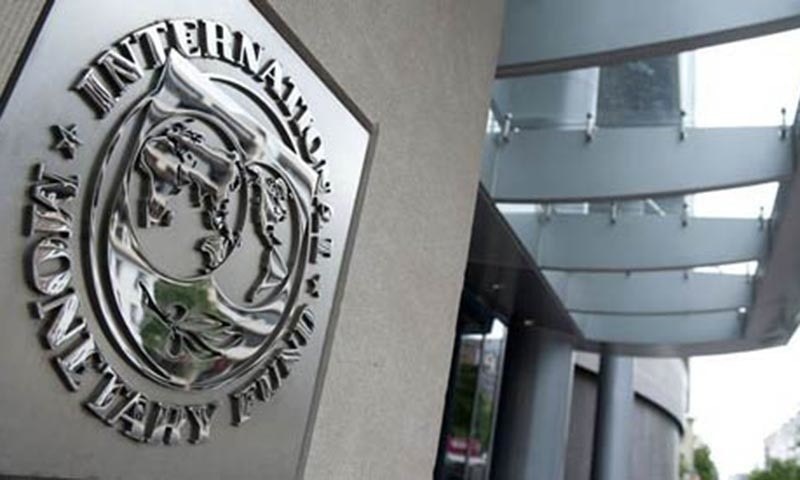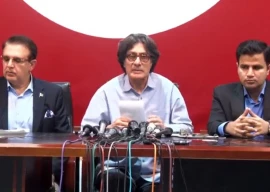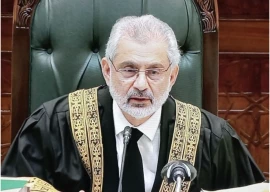
The International Monetary Fund recently released three important documents; The World Economic Outlook, Global Financial Stability Report and the Fiscal Monitor for April 2016. All three paint a grim picture of the state of the world economy.
The World Economic Outlook has acknowledged that although global recovery continues, it does so at a slow and increasingly fragile pace.
IMF official makes strong pitch for national consensus
The Global Financial Stability Report states that economic outlook has deteriorated in advanced economies because of heightened uncertainty and setbacks to growth and confidence. Moreover, declines in oil and commodity prices and slower growth have kept risks elevated in emerging economies. This has resulted in deteriorating fiscal positions in commodity-exporting countries with worsening public debt ratios.
The Fiscal Monitor report projects that the cumulative balances in the Middle East and North Africa are expected to deteriorate by over $2 trillion in the next five years compared to the 2004-08 period when oil prices peaked.
Focus again on emerging markets
All three reports stress that when assessing macro financial conditions, policymakers need to take into account economic conditions in emerging markets.
Dismal financial conditions in the United States, Europe and Japan and continued capital outflows from emerging markets are some of the crucial risks leading to financial turmoil and impaired investor confidence.
Volatile and worsening global financial conditions have reduced risk appetite, escalated credit risks and could potentially lead to increased interest rates and consequently, higher debt servicing cost at a time when the gross financing needs of emerging markets have risen.
The World Economic Outlook highlighted that China, now the biggest economy in the world based on purchasing power parity basis, has been undergoing a complex transition towards a more sustainable growth based on consumption and services. However, in an increasingly interconnected world, any bumps along the way could have substantial spill over effects in other emerging markets and developing countries.
The report also identifies non-economic events that have resulted in worsened economic situation for the poor and displacement in many emerging markets and low income countries. Inward looking politics in the United States, fears of terrorism, refugee inflows to Europe from the Middle East and extreme weather events such as the El Niño causing flooding and drought were some of the many non-economic events cited.
The report acknowledges that slowing capital inflows and stronger outflows from emerging markets may have contributed to a slowdown in economic growth, however, the possibility of external debt crises is minimal. This has been contributed by strong policy frameworks and flexible exchange rates which have facilitated orderly depreciations of currencies.
In addition to this, higher level of foreign asset holdings, in particular higher levels of foreign exchange reserves, has been instrumental in mitigating the effects of the global capital flows’ cycle.
The way ahead
The report stresses on the need to extend and intensify sound policies to boost growth and output. Monetary policies must be accommodative and be supplemented by complementary fiscal policies that contribute to the aggregate supply and demand.
IMF approves $497m loan for Pakistan after bailout review
Countries that have fiscal space to spare have been encouraged to undertake infrastructure investment. Structural reforms in labour and product markets, tax reform and financial reforms are all underscored as important measures that could potentially boost output.
More cooperation among countries is recommended to build global confidence and effectively deal with the risks that cast dark clouds on the world economy.
The writer is an economist and ex-central banker
Published in The Express Tribune, April 25th, 2016.
Like Business on Facebook, follow @TribuneBiz on Twitter to stay informed and join in the conversation.











































COMMENTS
Comments are moderated and generally will be posted if they are on-topic and not abusive.
For more information, please see our Comments FAQ